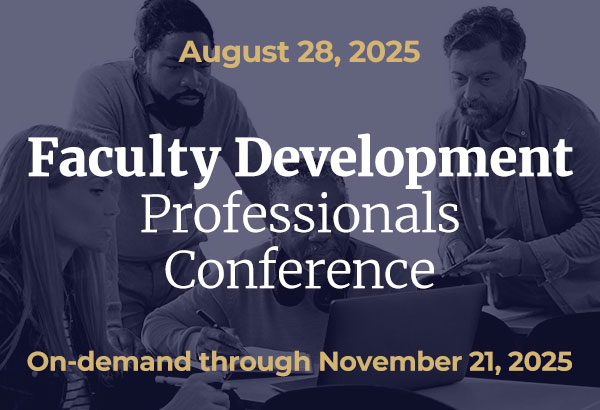How Teaching is Like Composting
I started composting at our summer place in 2009, and now I’m a convert. In the summer, we live on an island that’s mostly rock covered with something the locals call “organic matter.” Growing anything this far north on this soil base is challenging, but compost has made a big difference. My bleeding hearts, campanulas, delphinium, phlox, and coral bells are far more impressive than they used to be.




